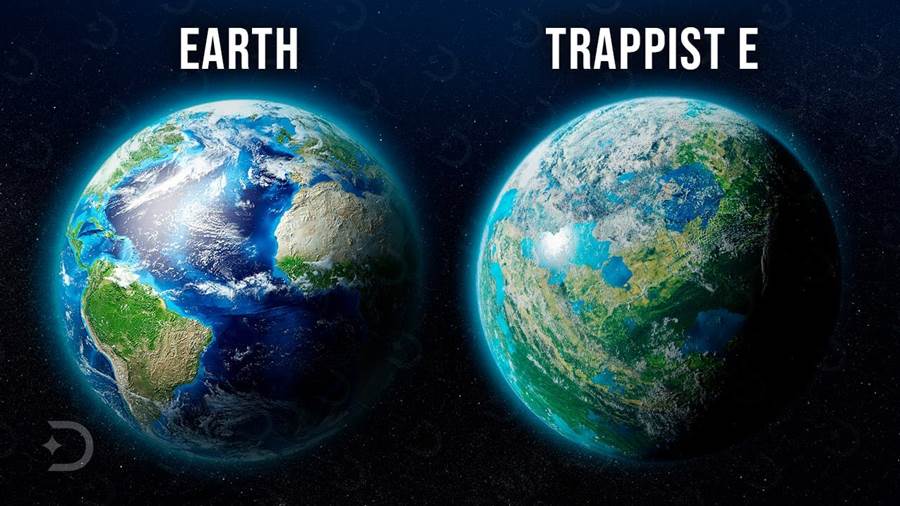
Scientists have made an astonishing discovery by uncovering an extraordinary planetary system capable of supporting life. The findings of this breathtaking study have recently been published, revealing the existence of a habitable planetary system like no other.
The discovery was made by an international team of scientists who utilized a combination of ground-based and space-based telescopes to investigate the TRAPPIST-1 star system. Located just 40 light-years away in the constellation Aquarius, this mysterious system has previously caught the attention of astronomers due to its potential to house habitable planets.
The research team utilized NASA's Spitzer Space Telescope alongside other ground-based facilities to scrutinize the TRAPPIST-1 system. Using a technique known as transit photometry, they were able to observe the changes in the star's brightness caused by planets passing in front of it. Remarkably, their observations identified a total of seven Earth-sized exoplanets, all of which appear to be capable of supporting life as we know it.

What makes this discovery even more incredible is the fact that three of the exoplanets are located in the star's “habitable zone” - the region where conditions are just right for liquid water to exist on a planet's surface.
The TRAPPIST-1 system holds immense potential for the scientific community's hunt for life beyond Earth. In terms of habitability, it is currently considered one of the most promising systems discovered thus far. The proximity of the system to our own solar system is also a significant advantage, as it presents a unique opportunity for detailed observation and study.
Scientists are now eagerly planning future exploration missions to gather more information about the TRAPPIST-1 system and its exoplanets.
This groundbreaking discovery brings us one step closer to answering the age-old question of whether we are alone in the universe. The existence of a habitable planetary system like TRAPPIST-1 is a testament to the vastness and diversity of the cosmos. It ignites our curiosity and fuels our determination to unravel the mysteries of the universe.








